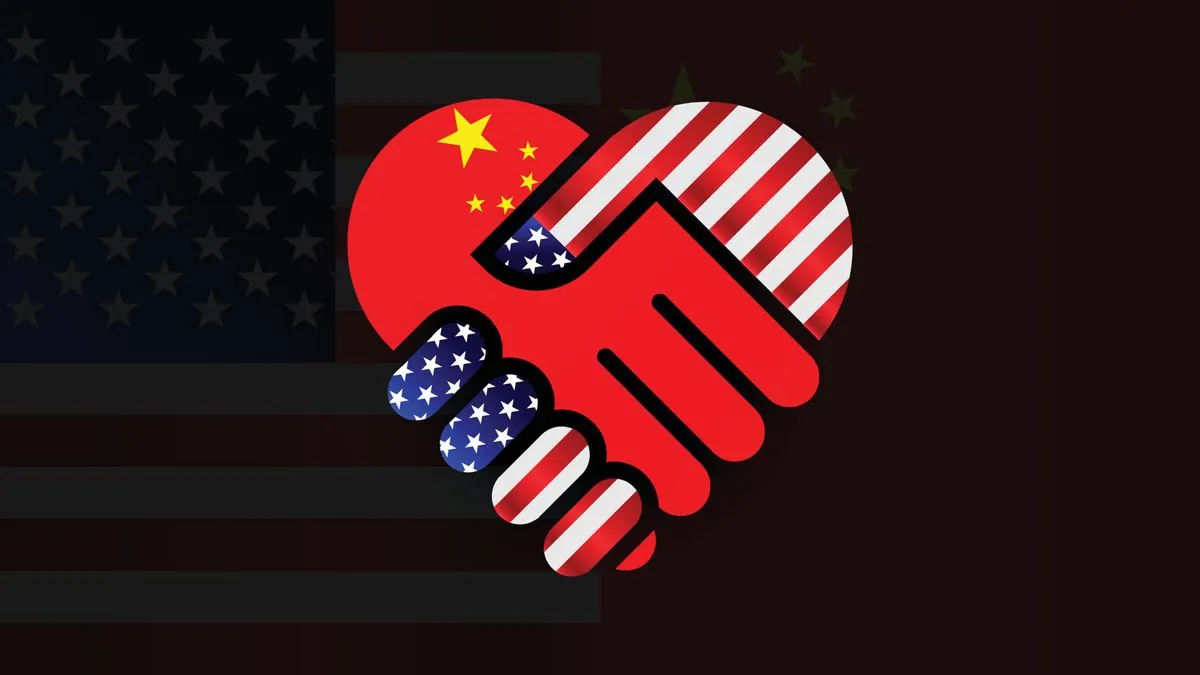US-China Deportation Deal: A Fragile Cooperation Amid Complex Relations
The US and China have reached an agreement on deportation of Chinese nationals, marking a rare instance of cooperation amid strained relations. This development comes as Chinese migration to the US surges.

In a significant development, the United States and China have reached an agreement on the deportation of Chinese nationals, marking a rare instance of cooperation between the two global powers. This accord comes at a time when US-China relations are strained, and Chinese migration to the United States has seen a substantial increase.
The agreement, which resulted in a deportation flight in June 2024, represents a potential resolution to a long-standing dispute between the two nations. For years, the US had accused China of delaying the acceptance of Chinese deportees found to be in the country illegally.

The recent surge in Chinese migration to the US has been notable. During the 2023 fiscal year, over 24,000 Chinese migrants illegally crossed the US southern border, a significant increase compared to fewer than 15,000 in the previous decade. This influx has been driven by various factors, including economic challenges in China and the aftermath of COVID-19 lockdowns.
Many of these migrants have taken a perilous journey, traversing the Darién Gap, a dangerous stretch of undeveloped swampland and forest between Panama and Colombia. This route has become increasingly popular among Chinese nationals seeking entry into the US.
The deportation agreement comes amid complex political dynamics:
- US domestic concerns about immigration
- Geopolitical tensions between the US and China
- China's desire to manage its international image
"To me, it's kind of a political show, a gesture that the Chinese government is trying to deal with this issue too."
The sustainability of this cooperation remains uncertain, particularly given potential political changes in the US. The upcoming presidential election could significantly impact immigration policies and US-China relations.
For deportees, the consequences of returning to China could be severe. Reports suggest they may face fines, detention, exit bans, and passport confiscation upon arrival.
The agreement has also had unintended consequences within migrant communities in the US. Some individuals have reportedly stopped reporting to immigration authorities out of fear of deportation.
While this cooperation on deportation represents a step towards addressing a specific issue in US-China relations, it exists within a broader context of strategic competition. Other areas of potential cooperation, such as countering the flow of fentanyl precursors from China, remain critical points of discussion.
As both nations navigate their complex relationship, the deportation agreement serves as a case study in how global powers can find common ground on specific issues, even amid broader disagreements. However, the fragility of this cooperation underscores the challenges in maintaining consistent dialogue and cooperation between the US and China in an era of geopolitical tension.


































